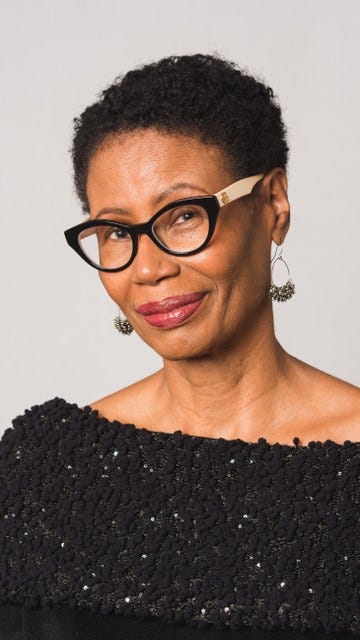CR 058: Author Diane McKinney-Whetstone on the Joy of Not Knowing Where the Story Will Go
The critically acclaimed author discusses her writing process and her latest novel, “Family Spirit.”
Although Diane McKinney-Whetstone knew at age 10 that she wanted to be an author, it would be nearly 30 years before she would begin to write in earnest. “I didn’t actually start fiction writing until almost 40,” she says. “I thought about the things I would regret not having done at the end of my life, and trying to write a novel would have certainly been a major regret if I didn’t try. And once I acknowledged that, I started getting signals from the universe. And then it became this internal thunder I couldn’t ignore. And that is when I actually started writing fiction.”
The result was Tumbling, McKinney-Whetstone’s 1996 critically acclaimed debut that was referred to as a “remarkable first novel” by Publishers Weekly. In the decades since, she has published six additional novels, each one bringing to life different eras of her beloved hometown of Philadelphia.
Her eighth novel, Family Spirit, tells the story of the Maces, a family of c…
Keep reading with a 7-day free trial
Subscribe to Creative Reverberations to keep reading this post and get 7 days of free access to the full post archives.



